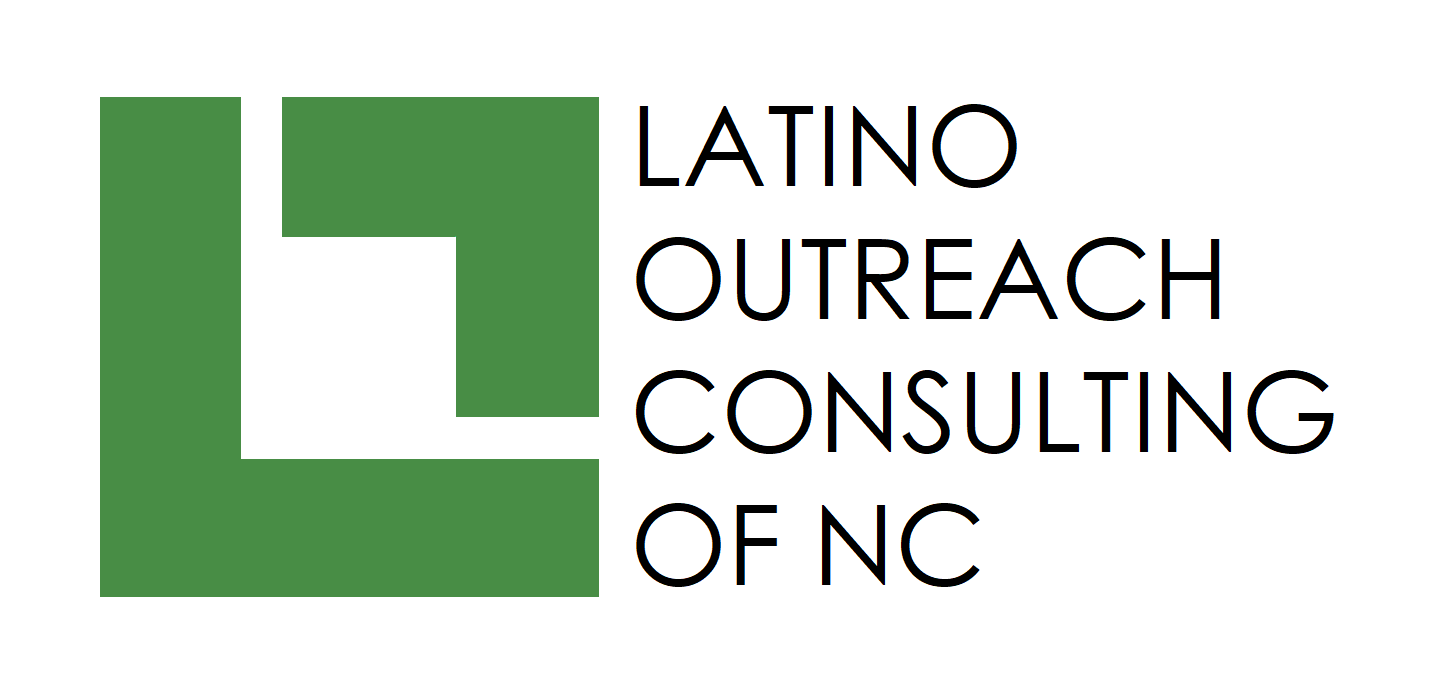What is a certified translation?
A certified translation is one of the most-frequently requested translations. Certified translations are usually translations of official documents such as birth or marriage certificates, divorce decrees, judgments, civil records, and college transcripts.
But just what is a certified translation?
Well, believe it or not, a certified translation is not necessarily a translation done by a certified translator.
A certified translation, simply put, is a translation that is “certified” ( by the translator) and “notarized” (under oath, witnessed by a public notary) that the translation is correct.
Can’t believe it? Read below to read exactly what is required to submit a notarized and certified translation.
United States Citizen and Immigration Services (Formerly INS) Requirements:
“All documents that are in a language other than English must be submitted with a translation. The person translating the document must certify that the translation is complete and accurate and that he/she is competent to translate from the foreign language into English.”
Canadian Embassy Translation Requirements:
“The required documents must be in French or English. Originals or copies of documents in a language other than French or English must be accompanied by a translation signed and certified by a professional translator.
A copy can be certified by the institution that issued the original document or by a person or institution authorized to administer an oath. The seal of the authorized institution or individual must appear on the certified copy.”
Duke University-Transcript Requirements:
“For applicants attending non-American schools, please submit a record of courses taken and grades earned during the secondary school years and include copies of any leaving certificates and/or the results of all nationally administered examinations taken within the last four years. We require English translations of all transcripts and recommendations.”
As you can see, then, anyone who is willing to swear under oath that he/she is a good translator can (technically) provide a certified translation. However, it’s a bad idea to leave something as important as a certified translation to chance. An inaccurate translation can lead to an application being rejected by the embassy/university or other organization and having to be resubmitted. This can lead to missing deadlines, losing benefits, re-applying, or sending in additional fees. Therefore, it’s important to do it once, and do it right; utilize a translator who is professional, qualified, trained, and accountable.
